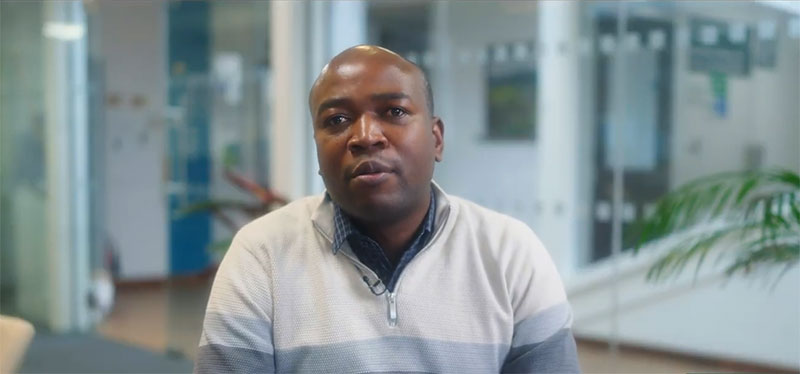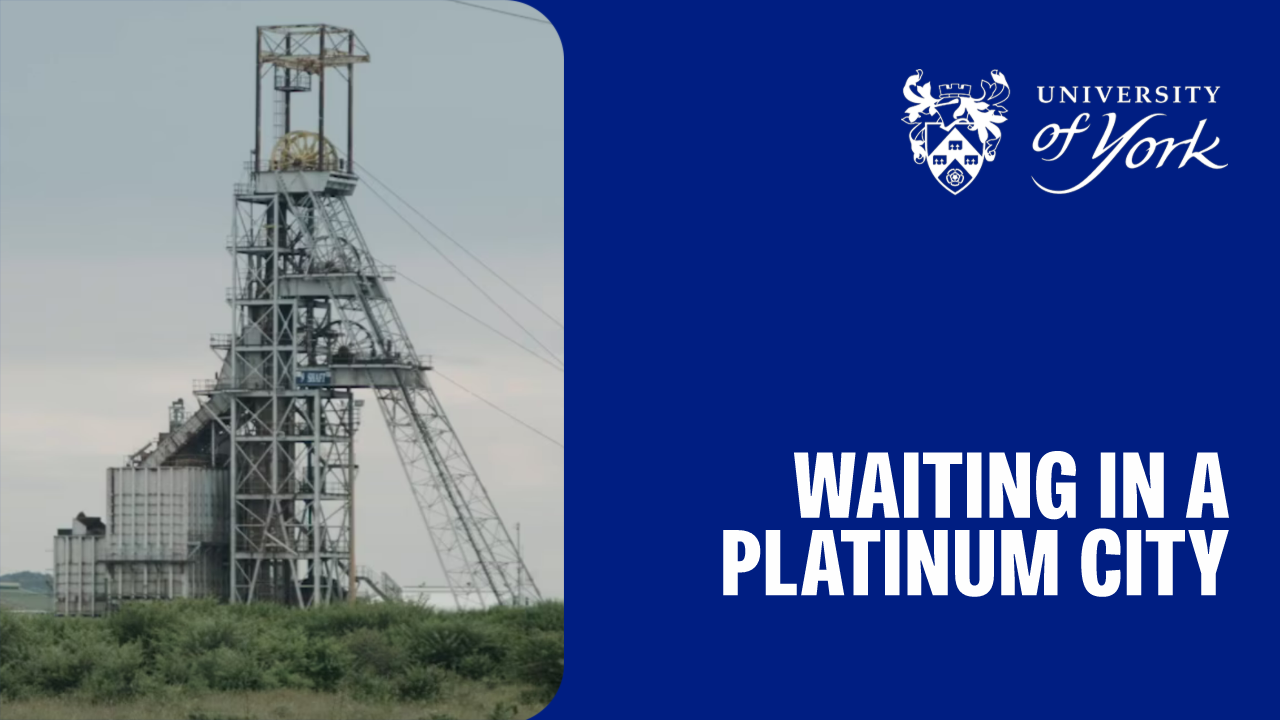
Dr Joseph Mujere
Joseph Mujere (Lecturer in Modern Africa) on his hopes that history research could be used to empower mining communities in southern Africa.
Can you tell us a little about your area of research?
I'm a historian of modern Africa and I do research on the social and environmental history of southern Africa, focusing on mining and its effects on mining communities. I look at the colonial period and the postcolonial period so it's largely 20th and 21st century history.
My work looks at the themes of labour migration, the emergence of informal settlements on the margins of mining as well as artisanal and small scale mining, again, within the context of southern Africa.
I draw largely on oral history, ethnography, and photography and sometimes I work with graphic artists to produce comics that illustrate and disseminate the research results from my fieldwork.
Are you hopeful about the future of your area of research?
The mining communities I work with are people from the rural areas who sometimes just prospect for minerals and then when they get those minerals they start mining. And usually they get exploited, especially by merchants who buy minerals from them.
So in terms of looking towards the future, I believe that an ideal future for these people would be a future in which they're empowered to know the global prices of the minerals that they will be selling to the merchants so that they do not get exploited.
These local communities are without much knowledge of the environmental effects of their mining activities. But resource extraction, especially mining, is one of the biggest contributors to anthropogenic climate change that is bedeviling the contemporary world.
So, looking into the future, I'm hopeful that research into the social and environmental effects of mining will lead to advances in renewable energy and the development of more environmentally sustainable mining practices that are also respectful towards indigenous communities’ land and minerals rights.
I am also hopeful for a future where minerals can be locally beneficiated to benefit the countries in which the minerals are being extracted.
What do you love about your work and your research?
The first thing that I love about my research is that I get to travel a lot and meet new people and experience new environments.
I get to listen to the fascinating everyday experiences of the people that I interview and I'm documenting their stories. I hope this will help change policies and attitudes towards the environment and towards the rights of those people.
I am also able to capture their vivid and sometimes emotive stories through oral interviews, photography and filming which helps me to create new archives that can be used by future researchers. And I get to collaborate with grassroots photographers and graphic artists. Together we co-create, curate and disseminate those research results in a more accessible way, for instance, through documentary films, exhibitions, and comic strips.
What do you wish for to move your research forwards?
The first thing that I would wish for is funding that is structured in such a way that it engenders collaboration, not just among scholars, but collaboration between scholars and experts outside academia, like photographers, filmmakers, animators, graphic artists, community leaders, policymakers etc. If funding could be structured in such a way, then it can assist us to transform the field and also to produce transformative research results.
Traditionally research funding tends to focus on outputs such as academic articles but I believe that everyone does academic or intellectual work. So, if you're a photographer doing photography on the effects of mining, it's actually intellectual work that you'll be doing. And it is important for that kind of work to be acknowledged; it illustrates the good side of collaboration.
For instance, if I produce a documentary film that illustrates the effects of mining and that demonstrates how people from mining communities are interacting with, say, Chinese mining companies or large scale mining companies. It also helps the research be more accessible to people outside academia and makes the research more impactful.
Find out more about Joseph's research

Joseph's first documentary film uses waiting as a lens through which to explore the everyday struggles of residents of informal settlements on the margins of platinum mines in Rustenburg Town in South Africa.
